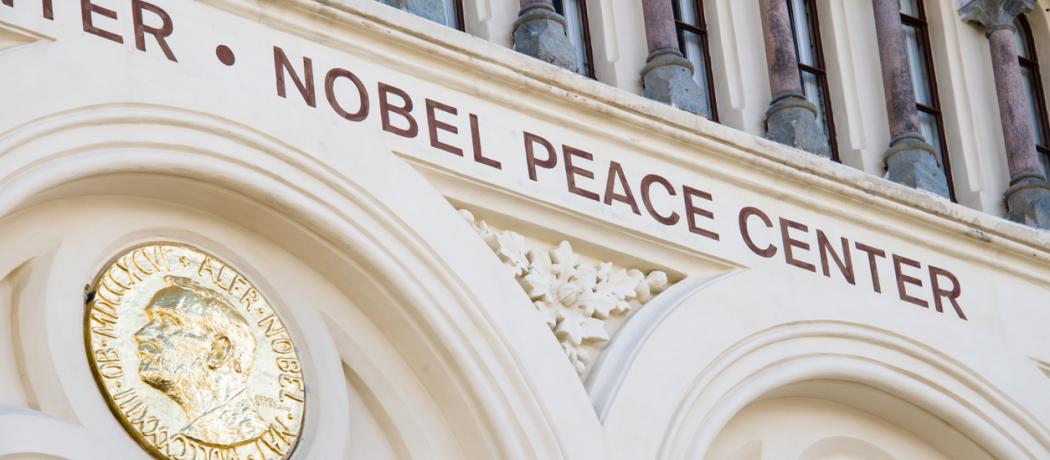The 2017 Nobel Prize in Physiology or Medicine was jointly awarded to Jeffrey C. Hall, Michael Rosbash, and Michael W. Young for their discoveries of the molecular mechanisms controlling circadian rhythms. The existence of a biological clock that regulates various daily rhythmic functions in all living organisms has been known of for years. These Nobel Laureates were able to look inside this biological clock and elucidate its inner workings.
The significance of their findings is beyond the mere descriptions of the relevant step-by-step events at a molecular level. Just as the history of our understanding of the principles of physics was altered by our discovery of the relationship of time to energy and mass, so now a door has been opened toward an understanding of time influencing biological control.
The association between time and, for example, shift workers’ sleep deprivation, or long-distance travelers’ jet lag is already known about. Now, the time-related functioning of our metabolic and endocrine system, the day and night functioning of, for example, the liver leading to energy production, the correlation between body weight and sleep time, the nocturnal recurrence of asthma, or the time-related variation in blood-pressure control are being studied from a circadian perspective.
There must be many other systems that are affected by time as well: cell growth, inflammatory processes, immune system action among them. What are the best times of day for optimum metabolism of certain drugs? In the behavioral field, what are the best times for study or work? The aging process may also be affected—circadian disruption is associated with diseases that may shorten life span. There are current ways of altering circadian rhythms—chronopharmacology, bright-light therapy, and melatonin. Gene therapy may be the next frontier.
In essence, an opportunity has been created for a shift in traditional thinking in physiology and medical practice, and an intellectual door has been opened to many scientists in an interdisciplinary field with great promise for significant clinical interventions.
—George Szasz, CM, MD
Acknowledgments
I gratefully acknowledge Dr Jonathan Fleming’s review of and suggestions regarding this blog.
Additional reading
Bass JT. The circadian clock system’s influence in health and disease. Genome Med 2017;9:94.
Cha EU. Nobel in physiology, medicine awarded to three Americans for discovery of “clock genes.” The Washington Post. 2 October 2017. www.washingtonpost.com/news/to-your-health/wp/2017/10/02/nobel-prize-in-....
Science Daily. Nobel Foundation. 2017 Nobel Prize in Physiology or Medicine: Molecular mechanisms controlling the circadian rhythm. Last modified 2 October 2017. www.sciencedaily.com/releases/2017/10/171002092603.htm.
This posting has not been peer reviewed by the BCMJ Editorial Board.

